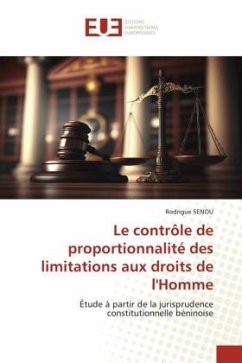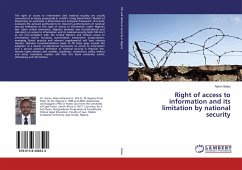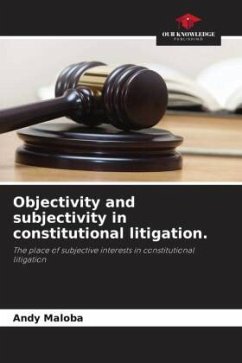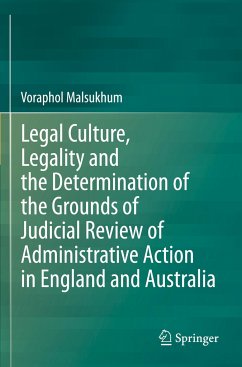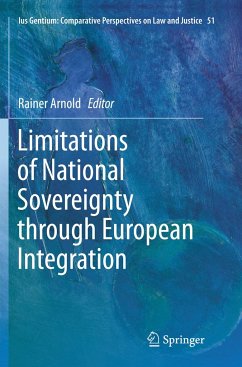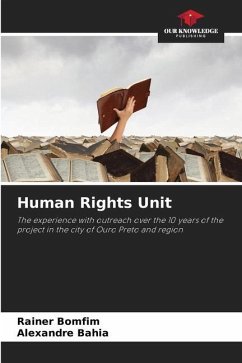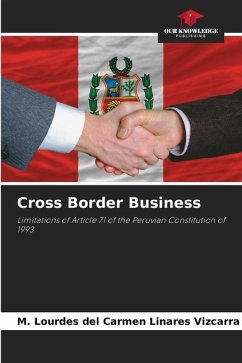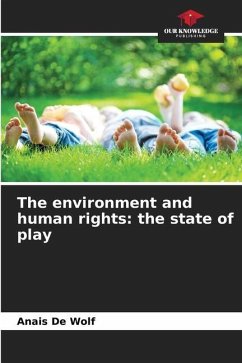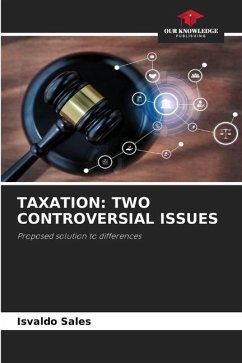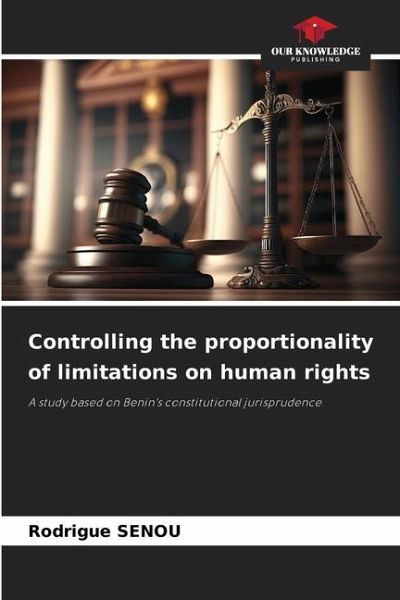
Controlling the proportionality of limitations on human rights
A study based on Benin's constitutional jurisprudence
Versandkostenfrei!
Versandfertig in 6-10 Tagen
53,99 €
inkl. MwSt.

PAYBACK Punkte
27 °P sammeln!
The fundamental rights and freedoms guaranteed by the Constitution, while sacred in nature, are not absolute. Their restriction or limitation, motivated by the need to protect public order and the primacy of the general interest, is subject to the judge's control of proportionality. The latter's control of proportionality may be of high or low intensity, based on interpretation of the normative content of fundamental rights and freedoms. If this power of interpretation results from the imprecision of fundamental rights and freedoms, it seems to favor the rise in power of the judge, in his capa...
The fundamental rights and freedoms guaranteed by the Constitution, while sacred in nature, are not absolute. Their restriction or limitation, motivated by the need to protect public order and the primacy of the general interest, is subject to the judge's control of proportionality. The latter's control of proportionality may be of high or low intensity, based on interpretation of the normative content of fundamental rights and freedoms. If this power of interpretation results from the imprecision of fundamental rights and freedoms, it seems to favor the rise in power of the judge, in his capacity as authentic interpreter of the norm and the normative content of rights and freedoms. This is even more the case for the constitutional judge, guarantor of the fundamental norm that is the Constitution, which affirms these rights and freedoms. This is where the fear of a government of judges arises. However, this fear can be dispelled by perfecting the legal elements and procedural flaws in the judge's control of the proportionality of restrictions on fundamental rights and freedoms.



